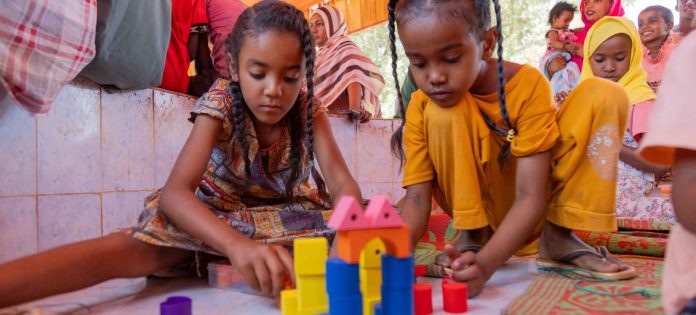As Sudan’s brutal civil war enters its third year, the number of children requiring urgent humanitarian support has doubled to 15 million, according to a new warning from the UN Children’s Fund (UNICEF). This alarming figure underscores the intensifying humanitarian catastrophe in what is now the world’s largest child displacement crisis.
Rising Humanitarian Needs Amid Ongoing Conflict
Since fighting broke out in April 2023 between the Sudanese Armed Forces (SAF) and the Rapid Support Forces (RSF), violence, disease, and displacement have surged. With the rainy season approaching in May, UNICEF warns that delivering aid will become even more difficult, especially for children already suffering from malnutrition, disease, and trauma.
“With the rainy season around the corner, children who are already reeling from malnutrition and disease will be harder to reach,” said UNICEF Executive Director Catherine Russell. “We must act now.”
Key Figures and Trends
- 15 million children need humanitarian assistance (up from 7.8 million in 2023).
- 30 million people in total require aid in Sudan this year.
- 12.4 million displaced, including millions of children, nearly a third under the age of five.
- 90% of children are currently out of school.
- Famine confirmed in 10 areas, with more at risk.
- Over 49,000 cholera and 11,000 dengue fever cases reported last year, mostly impacting children and mothers.
- Grave violations against children—including killings, abductions, and attacks on schools and hospitals—have increased tenfold and now span more than half of Sudan’s 18 states.
UNICEF’s Appeal and Response
UNICEF is urgently calling for $1 billion to fund its operations in Sudan for 2025. That’s just 26 cents per day per person, yet only $266.6 million is currently available—most of which was carried over from 2024. A mere $12 million in new funding has been received this year.
Despite these constraints, UNICEF’s 2024 impact included:
- Supporting 2.7 million children and caregivers with psychosocial, educational, and protection services.
- Providing safe drinking water to nearly 10 million people.
- Screening 6.7 million children for malnutrition and treating 422,000 with lifesaving support.
Access Barriers and Bureaucratic Delays
Conflict intensity, bureaucratic impediments, and access restrictions imposed by both government forces and armed groups have severely hampered aid delivery. With worsening security and limited humanitarian corridors, many vulnerable populations remain beyond reach.
A Plea for Global Solidarity
UNICEF is urging the international community to act swiftly and decisively:
“Sudan is the biggest humanitarian crisis in the world today, but it is not getting the world’s attention,” said Russell.
“We cannot abandon the children of Sudan. We have the expertise and the resolve to scale up our support, but we need access and sustained funding. Most of all, children in Sudan need this horrific conflict to end.”
Chek more on this topic here




